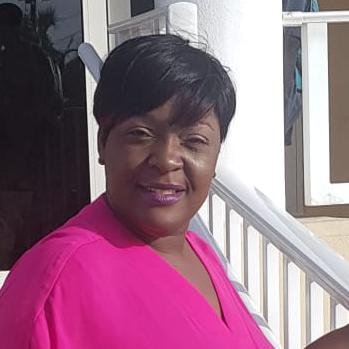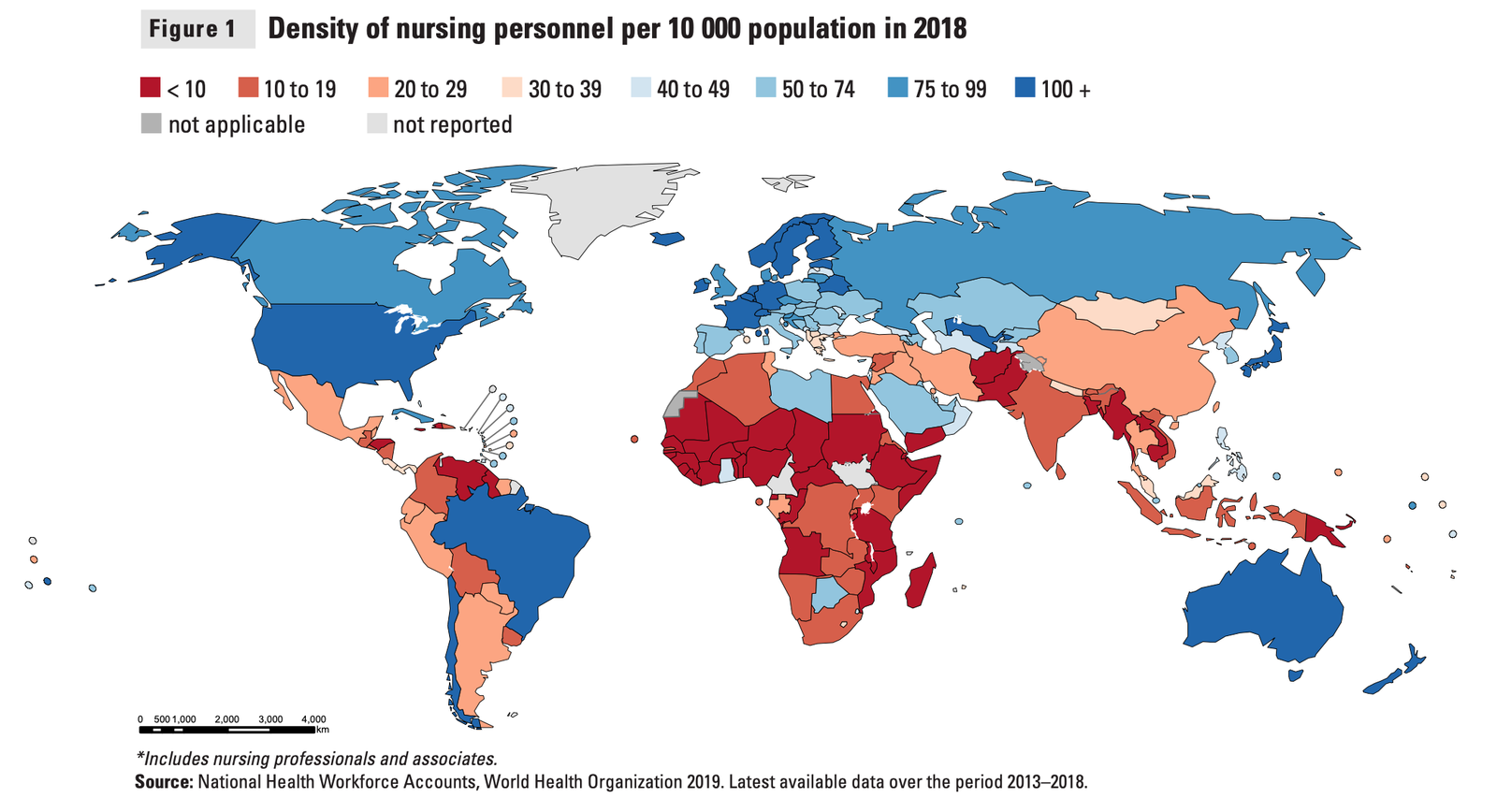NASSAU, BAHAMAS — While there are some 29 million nurses in the global nursing workforce, there remains a global shortage of over 6 million nurses, according to a recent World Health Organization (WHO) report on the state of the world’s nursing.
The report was released as countries worldwide struggle with the delivery of healthcare amidst the coronavirus pandemic – which has caused the death of over 72,000 people.
“The State of the World’s Nursing 2020: Investing in Education, Jobs and leadership comes as the world witnesses unprecedented political commitment to universal health coverage,” WHO states, in its executive summary of the report.
“At the same time, our emergency preparedness and response capacity is being tested by the current COVID-19 outbreak and mass population displacement caused by conflict.
“Nurses provide vital care in each of these circumstances. Now, more than ever, the world needs them working to the full extent of their education and training.”
The report compiles data from 191 countries in the Americas, Eastern Mediterranean, Africa, Europe, South East Asia and the Western Pacific.
An estimated 5.3 million (89 percent) of the worldwide nursing shortage is concentrated in low and lower middle-income countries, where the growth in the number of nurses is barely keeping pace with population growth.
Despite 308 nurses entering the Bahamian healthcare system since 2015 — an average of just over 60 nurses per year.
The deficit of nurses in The Bahamas in 2018 had reached over 500 nurses, despite over 300 nurses entering the Bahamian healthcare system since 2015.

Bahamas Nursing Union (BNU) President Amancha Williams said while nurses are resilient and trained to work under stressful situations, there was already a shortage of nurses and lack of equipment in the country prior to the COVID19 pandemic.
“We are resourceful and well-banned together to ensure that the health, safety and well-being of each nurse, patient and the nation is of the highest priority,” she said, in a series of voice notes to members.
“…We will remain hopeful that the Ministry of Health and public Hospitals Authority will provide all of the necessary resources…and ensure equipment and resources are readily available to each nurse, throughout the length and breadth of The Bahamas.”
Williams noted that there already a number of nurses out of the system and on self-quarantine after over 50 nurses and their families would have been exposed to the virus.
“While a few have already returned to work, a great number are still out,” she said.
“We are doing our best to ensure their health, their safety is the highest priority.
She said the BNU has requested ongoing training of using PPEs, more education and dissemination of information, and the provision of up to date technology.
“Our nurses on each Family Island needs to have access to the vital information so that they may be able to protect themselves, patients and their community,” Williams added.
She also assured her members that compensation will be granted to each nurse, as agreed upon by the Ministry of Health and BNU.
Williams acknowledged that some nurses do not have health insurance.
“The nurses of The Bahamas is trusting the government to not fail them, because they are not failing their people,” she said.
Minister of Health Dr Duane Sands has said that the country’s issue has not been producing nurses, it has been trying to keep them in the country, as they are often poached by other high-income countries.
WHO’s report noted that one out of every eight nurses practice in a country other than where they were born or trained as international mobility of the nursing workforce increase.
“While the patterns are evolving, equitable distribution and retention of nurses is a near-universal challenge,” it stated.
“Unmanaged migration can exacerbate shortages and contribute to inequitable access to health services.”
WHO also noted that many high- income countries in different regions appear to have an excessive reliance on international nursing mobility due to low numbers of graduate nurses or existing shortages vis-à-vis the number of nursing jobs available and the ability to employ new graduate nurses in the health system.
The report urges governments to increase funding and invest in the massive acceleration of nursing education, strengthen nurse leadership and create at least 6 million new nursing jobs worldwide by 2030.






